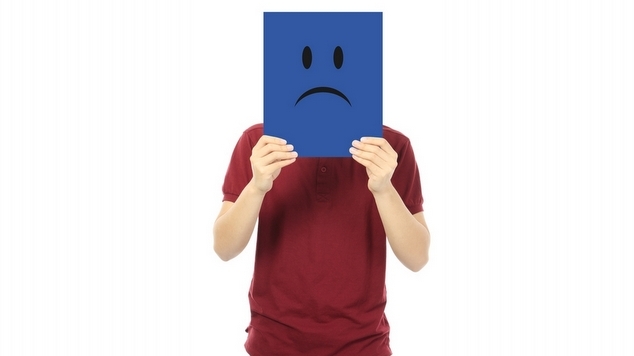 Gay people may not be as happy, healthy or satisfied with their relationships as straight people an Australian study has suggested.
Gay people may not be as happy, healthy or satisfied with their relationships as straight people an Australian study has suggested.
For the first time the annual Household, Income and Labour Dynamics in Australia (HILDA) report has asked it’s 17,000 recipients about their sexuality.
The report has been published by the University of Melbourne for the last twelve years but they had not previously looked into the effects sexuality had on Australia’s life experiences.
The reports author has said that the difference between the LGB community and their straight counterparts is similar to the difference seen amongst people with a disability.
Speaking to the Sydney Morning Herald, Professor Roger Wilkins said there was a similar level of magnitude.
“The difference in average life satisfaction between gay, lesbian and bisexual people compared with heterosexual people is comparable in magnitude to the difference you see between people with a moderate disability and people who are not disabled,” said professor Wilkins, from the University of Melbourne’s Institute of Applied Economic and Social Research.
Four hundred of the 17,000 people surveyed identified as gay, lesbian or bisexual. The study found that this cohort were more likely to experience loneliness, have less friendships and have trouble finding support in difficult times.
Straight people also had better health and significantly better mental health. The reports author has argued that societal and institutional factors are to blame in this area as LGB people experience a greater level of discrimination.
The gay population reported significantly higher levels of smoking, 33% of gay men were smokers, while only 20% of straight men were. Gay men and their straight counterparts drank around the same amount, but gay women drunk less then straight women.
Overall gay people seemed to be better educated, but a significant number of gay men had no post school qualifications. Gay men earned less money than heterosexual men, but overall had more money as they were less likely to have children.
Gay people we less happy with their relationships. Straight men were most satisfied with their relationships, followed by gay men, then straight women, and finally gay women were the least satisfied.
However when asked how much they loved their partner, the results were similar across all the participant groups. Professor Wilkins has speculated that gay couples inability to access marriage may play a part in the level of dissatisfaction recorded.
The report also showed that LGBT people between the ages of 25-59 were far less likely to be living with a partner than heterosexual people of the same age.
The report has showed a wide variety of facts about Australians in 2015. Among the reports other reported findings in the revelation that most Australian men are happier if there wife does not work, and that a husband’s unemployment takes a greater toll on a relationship than a wife becoming unemployed.
It’s also been reported that de facto couples scored a higher level of happiness than married couples, but this was potentially because they were more likely not to have children yet.
People who live in small town with a population under 1,000 people were also found to be significantly happier, and people living in Queensland were better off than the rest of the country.
Another interesting observation was that people who move out of home between the ages of 21-24 do better financially in the long term.




